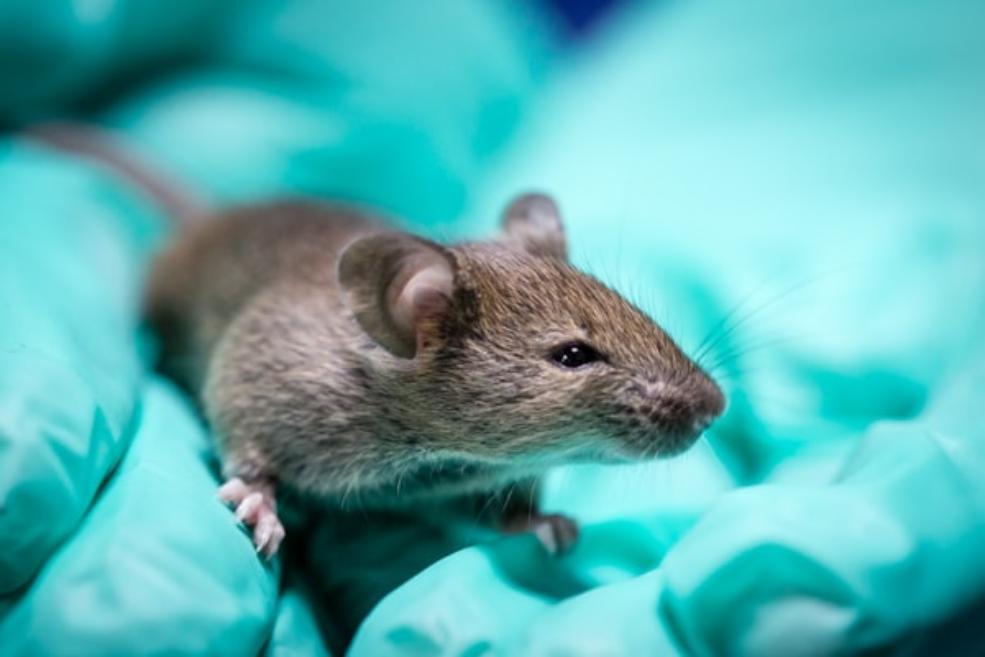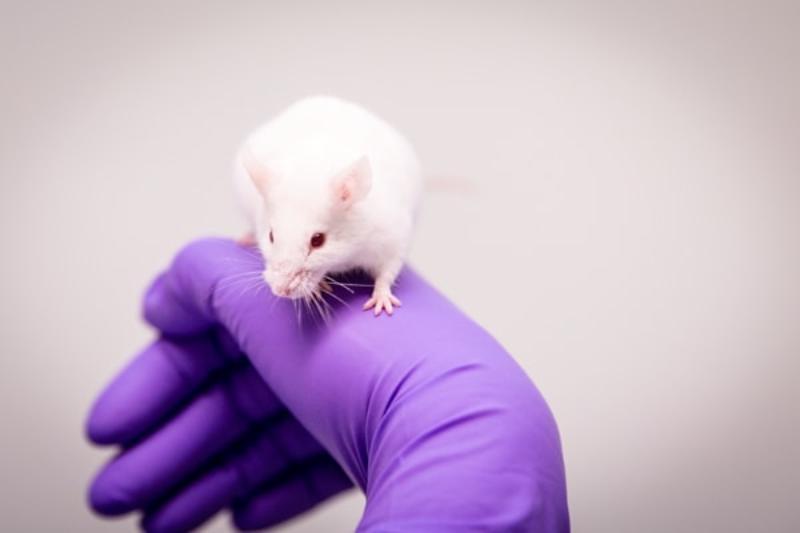How we care for our animals
We are committed to the highest standards of animal welfare. Learn more about how we care for our animals.
It’s currently impossible to avoid using animals for some aspects of medical research in the UK.

At Queen Mary, when we do use animals, we’re committed to ensuring they’re treated with care, respect and consideration. We expect our staff and students to take a proactive interest in the animals’ welfare and to ensure that their work complies with the highest ethical standards.
We value the integrity of our research as highly as its outcomes.
One of the most important concepts for people using animals in research is that of the ‘3Rs’.
The 3Rs stand for a need to:
This concept underpins the nationally recognised framework for humane animal research and represents values that Queen Mary is committed to upholding.
Discover more about how Queen Mary is reducing, refining and replacing the use of animals in its research.
We are committed to ensuring that our animals are treated with care, respect and consideration.
Queen Mary collaborates with and receives funding from the National Centre for the Replacement, Refinement and Reduction of Animals in Research (NC3Rs), the UK’s national organisation for the discovery and application of new technologies and approaches to the 3Rs.
Queen Mary also works in partnership with the leading non-animal research charity Animal Free Research (formerly the Dr Hadwen Trust).
In 2016, we launched a joint venture, the Animal Replacement Centre of Excellence (The ARC) between the charity and Queen Mary’s Blizard Institute. The Centre uses cutting-edge scientific research to accelerate the development of accurate human cancer models and reduce the number of animals used in cancer research.
Funded by Animal Free Research UK, and directed by Professor Mike Philpott and Dr Adrian Biddle, the ARC is improving the ability to predict the behaviour of human cancer using in vitro human models.
Since its launch, the ARC has attracted substantial further investment, including funding from:

Queen Mary is committed to upholding the values of the 3Rs
Queen Mary is also guided by PREPARE (Planning Research and Experimental Procedures on Animals: Recommendations for Excellence).
PREPARE focuses on how the quality, translatability and reproducibility of animal experiments can be improved.
By ensuring that animal research is properly planned and communicated, the risk of poorly planned studies is reduced, while safeguarding animal welfare.
Non-invasive animal imaging scanners allow researchers to collect information about an animal, for example the biochemistry of a tumour, in a way that doesn't harm the animal at all.
Queen Mary is a signatory to the ARRIVE (Animal Research: Reporting of In Vivo Experiments) guidelines. These guidelines were developed as part of an initiative by the National Centre for the Replacement, Refinement and Reduction of Animals in Research (NC3Rs) to improve the design, analysis and reporting of research using animals.
The ARRIVE guidelines aim to ensure that any research using animals is published in detail. This would allow the scientific knowledge gained by these projects to reach the widest possible audience and thus minimise any unnecessary studies.
The guidelines also ensure that other researchers can scrutinise our work, evaluate its methodological rigour and reproduce our methods or findings, in accordance with our commitment to transparent scrutiny of our work.
We are committed to the highest standards of animal welfare. Learn more about how we care for our animals.
Learn more about Queen Mary's commitment to the highest ethical standards of animal research
We only use animals in research when it's absolutely essential and there's no other alternative.